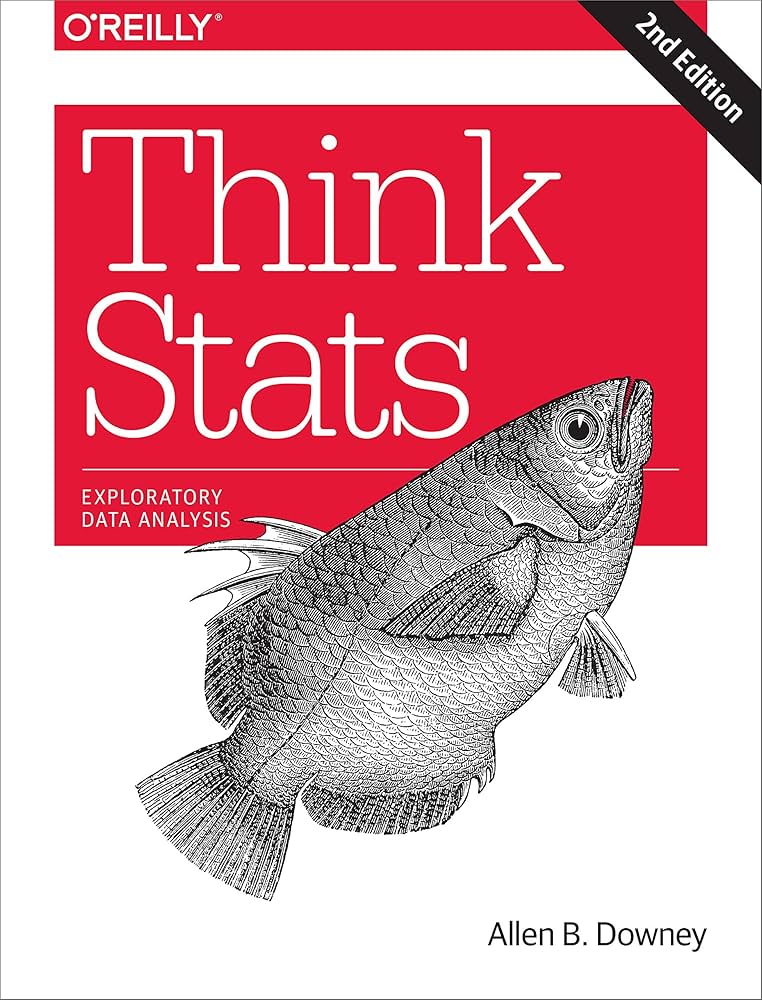One of my most strongly held political beliefs is experts shouldn't rule over non-experts without their consent. I won't try to define for you who exactly the "experts" are because in my world it doesn't matter. Everybody can make that decision for themselves.
Depending on how we define "expert", the intelligent shouldn't rule over the unintelligent. Academics shouldn't rule over non-academics. Intellectuals shouldn't rule over non-intellectuals. The old and wise shouldn't rule over the young and foolish. I mean all of these things.
I believe in expertise without authority. For this reason, I don't really want to be associated with forcing people to wear masks. I'd prefer people do it because they trust health experts and if they don't, it's something between them and the governments which they elected.
I don't want the fact that me and my academic community believe something to become yet another justification for state coercion. As a black man, I'm suspicious of coercive power.
In my ideal world, scientific knowledge empowers individuals to get more of what what they want on their own terms without taking away from others.
Scientific knowledge shouldn't be about putting people in a prison made of other people's reasons which they don't agree with, don't understand, and that say there's only one best choice for everyone.
So in conclusion, I believe that people have a right to autonomy and self-determination. I believe people have the right to be "stupid" and to work on being smarter at their own pace.
Addendum: I don't think my views map well to current politics. It's a bit like what libertarians mean by "liberty" if they were less obsessed with wealth in the form of money and property and defined wealth instead as virtue, self-actualization and strong relationships.
Left and right both capture some of it. The right recognizes the freedom to be what others consider "stupid". The left recognizes the freedom to self-determination outside of the freedom to do whatever you want with property.
Addendum II: No condemnation is either implied or intended concerning any country or any parties in their response to the pandemic. I believe in your autonomy so I'm not trying to tell you what to do. This thread is an ABSTRACT discussion of my personal relationship to politics.
• • •
Missing some Tweet in this thread? You can try to
force a refresh








